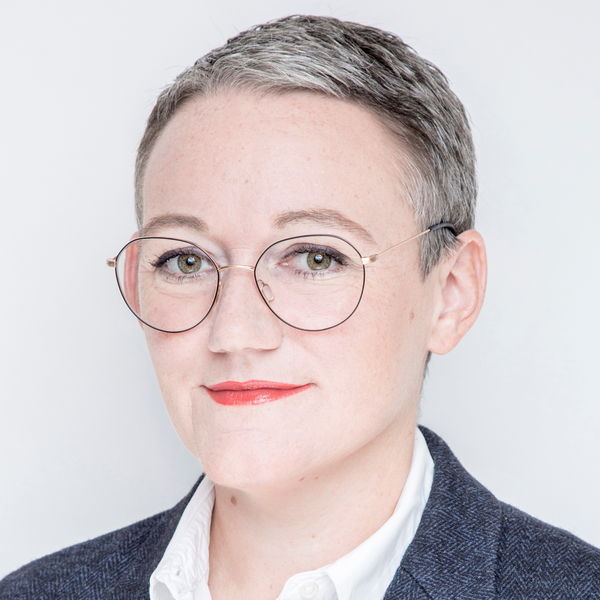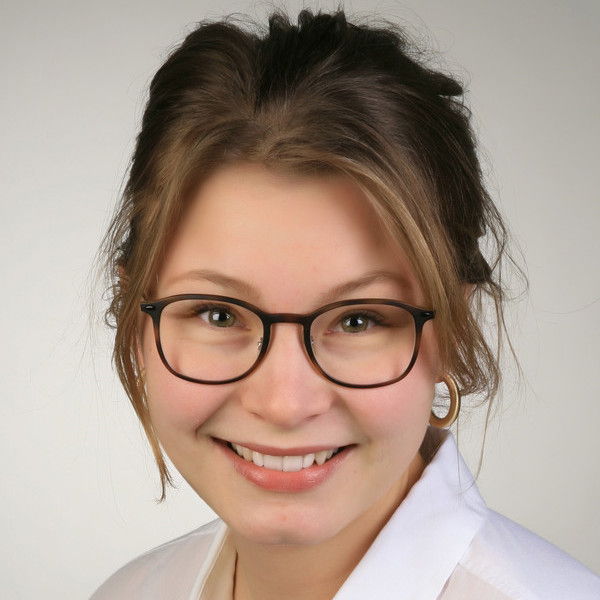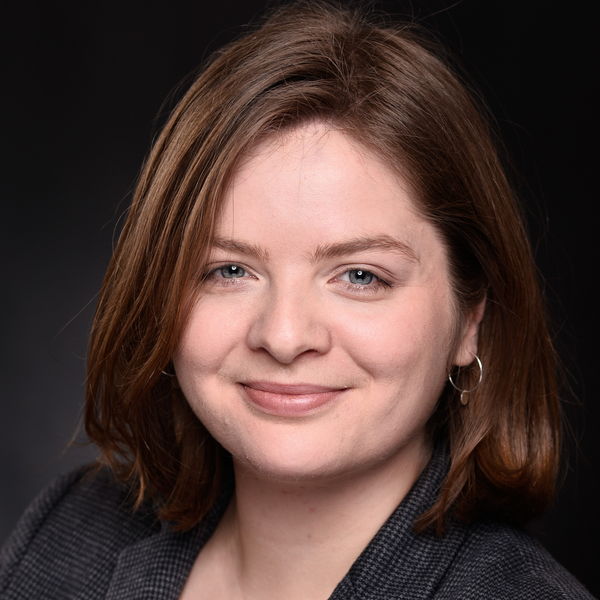The development of (post)bureaucratic organisational structures in the context of digital transformation
Universität Potsdam/Universität Bielefeld
Background
Organizations are at the center of adjustment pressures caused by digitization. On one hand, new digital technologies lead to more transparency, new forms of collaboration and shared knowledge. On the other hand, these new velocities require decision-making processes to be conducted at a much faster pace.
New management discourses claim that the future viability of organizations is dependent upon digitalized processes. Whereas sociological reflection on this topic is still at its starting point, organizations are under pressure to act in coherence with these developments.
In practice these pressures are evoking two mutually reinforcing motions: Firstly, digitization is reforming production processes and the management of environmental relations. Secondly, organizations are introducing new governance models in order to re-organize their structures. Those promote ‘self-organization’ and are often labeled with the term ‘agile’ for instance the ‚holocracy-model‘ or project management approaches like ‚scrum‘.
Research question
The research project aims to explain the underlying relations between processes of digitization and de-bureaucratization. The main questions concern the effects organizational initiatives working on digitization have on the formal structures of corporations. It is asked where processes of de-bureaucratization can be seen in linkage to digitization and which organizational movements and areas of tension arise driven by these interdependencies.
Approach
The presented project is planned for a period of 36 months. A multitude of corporations, which introduced projects of digitization mainly by post-bureaucratic initiatives, are at the center of empirical investigation. The study itself is based on a theoretically developed model of research and aims to generate and compare two interview methods in the practical field. In the case studies, the research objects will be studied based on qualitative interviews and participatory observations.
Within a mixed-methods approach, a broad survey will complement the results of the field studies with comparative quantitative data.
Prof. Dr. Maja Apelt
Universität Potsdam
Professur für Organisations- und Verwaltungssoziologie
Prof. Dr. Stefan Kühl
Universität Bielefeld
Professur für Organisationssoziologie
Dr. Judith Muster
Universität Potsdam
Professur für Organisations- und Verwaltungssoziologie
Lene Baumgart
Universität Potsdam
Professur für Organisations- und Verwaltungssoziologie
Pauline Boos
Universität Potsdam
Professur für Organisations- und Verwaltungssoziologie
Bernd Eckstein
Universität Bielefeld
Professur für Organisationssoziologie



